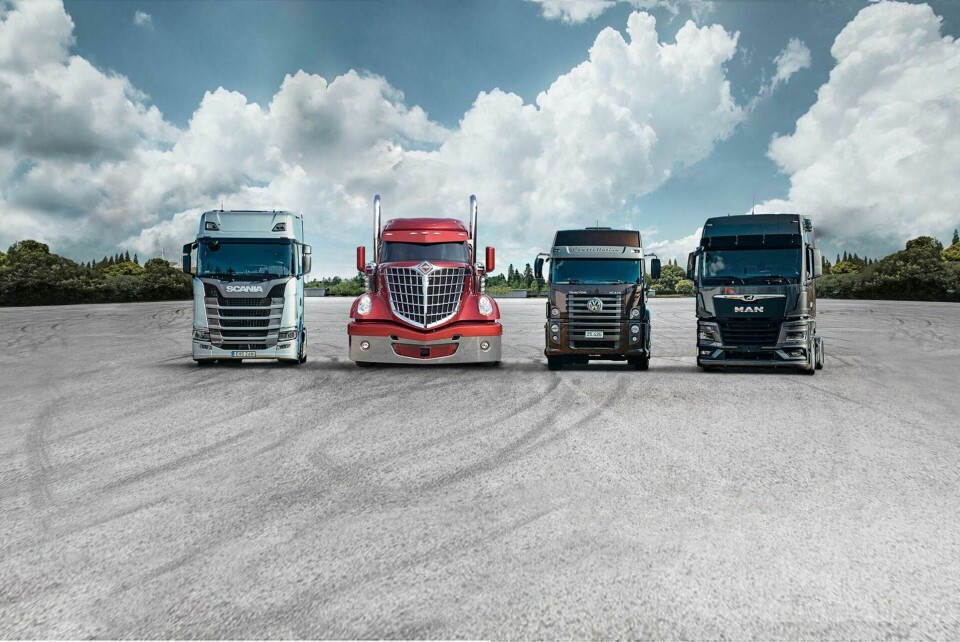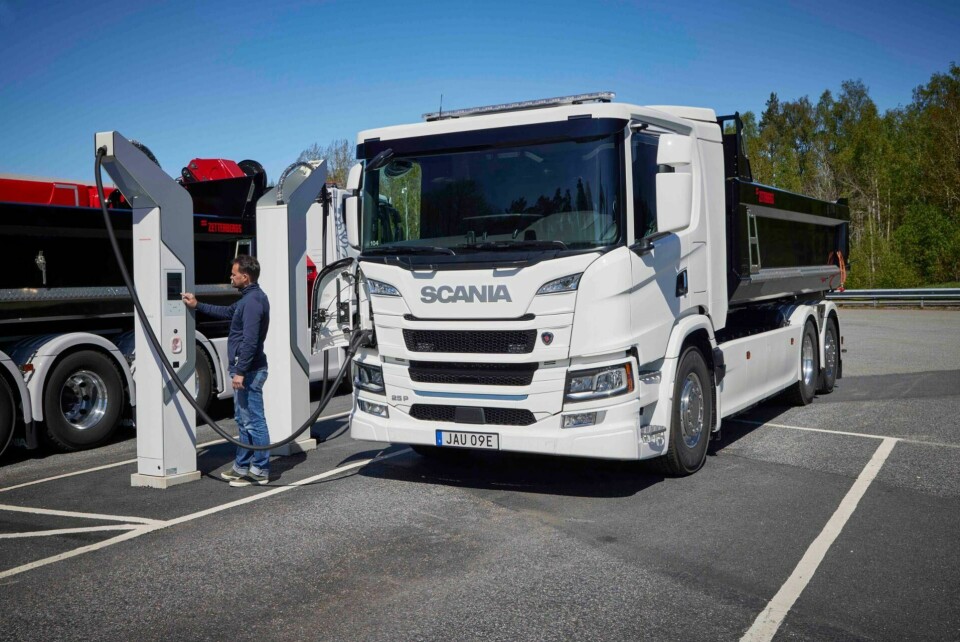Volkswagen’s Traton eyes third European battery plant to meet Electric Vehicle demand
Traton Group, Volkswagen’s commercial vehicle arm, considers a third battery assembly plant in Europe to support rising electric truck demand. Potential locations include Germany, Poland, and the Netherlands. This move aligns with the EU’s carbon reduction roadmap and Traton’s goal of 50% zero-emission vehicle sales by 2030.

Traton Group, the commercial vehicle arm of Volkswagen, is evaluating the construction of a third battery assembly plant in Europe. This expansion aligns with Traton’s electrification strategy and the European Union’s ambitious roadmap to reduce carbon emissions in the transport sector. The company anticipates a significant surge in demand for electric trucks in the near future, prompting this potential development.
Current and future battery assembly operations
Traton currently operates Scania’s battery assembly plant in Södertälje, Sweden, which became operational in September 2023. Additionally, MAN’s new factory in Nuremberg, Germany, is set to open in 2025. These plants play a crucial role in Traton’s decarbonization strategy, with the company aiming for 50% of its sales volume to be zero-emission vehicles by 2030.

The proposed third plant would complement these existing facilities and match the Nuremberg plant’s production capacity. MAN’s Nuremberg factory is designed to produce up to 100,000 battery modules annually, sufficient for approximately 20,000 electric trucks. The potential new plant would also have a significant production capacity, ensuring Traton can meet the growing demand for electric commercial vehicles.
Traton is currently evaluating several locations for the new plant, including Salzgitter in Germany, Krakow in Poland, and Zwolle in the Netherlands. The decision on whether to proceed with construction is expected in the fall of 2024, with production potentially starting in the early 2030s if approved.
”The consideration of a third battery plant is driven by projections that the capacities of Traton’s two existing plants will be insufficient to meet demand in the 2030s”
Strategic focus on battery assembly
Unlike its parent company Volkswagen and competitor Daimler Truck, Traton focuses on battery assembly rather than cell production. The company plans to continue sourcing battery cells from external suppliers, concentrating on module and pack assembly. This approach leverages existing supply chains while maintaining control over the critical final assembly process.
Meeting future demand and enhancing synergy
The consideration of a third battery plant is driven by projections that the capacities of Traton’s two existing plants will be insufficient to meet demand in the 2030s. This forward-looking strategy underscores Traton’s commitment to scaling its electric vehicle production capabilities in line with market trends and regulatory requirements.
Additionally, the potential new site would supply batteries to both the MAN and Scania brands, fostering greater synergy within the group. This move could lead to increased efficiency and cost-effectiveness in Traton’s electrification efforts, enhancing the company’s ability to meet its ambitious sustainability goals.
As Traton continues to advance its electrification strategy, the potential third battery plant represents a significant step forward in its commitment to reducing carbon emissions and leading the commercial vehicle sector into a more sustainable future.


